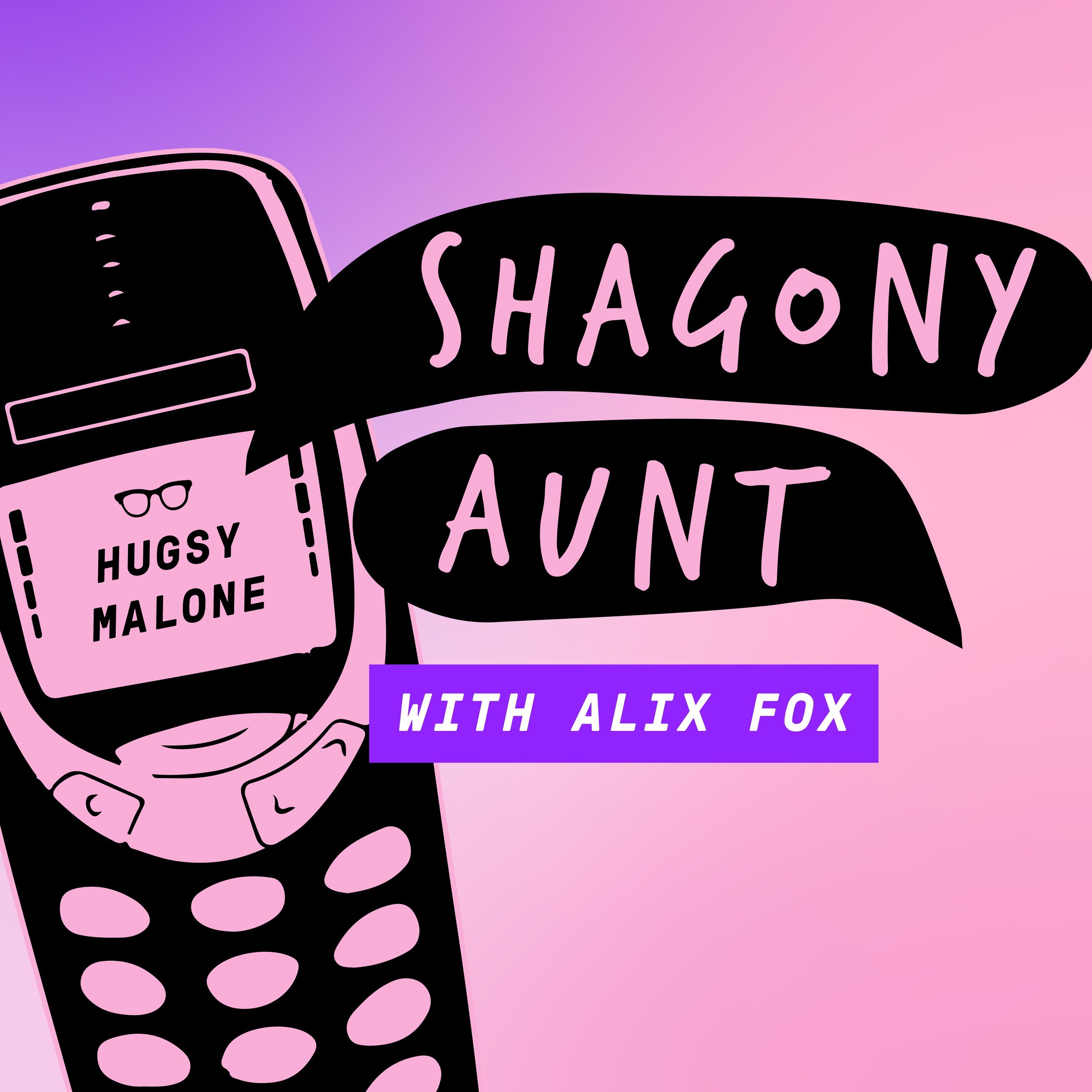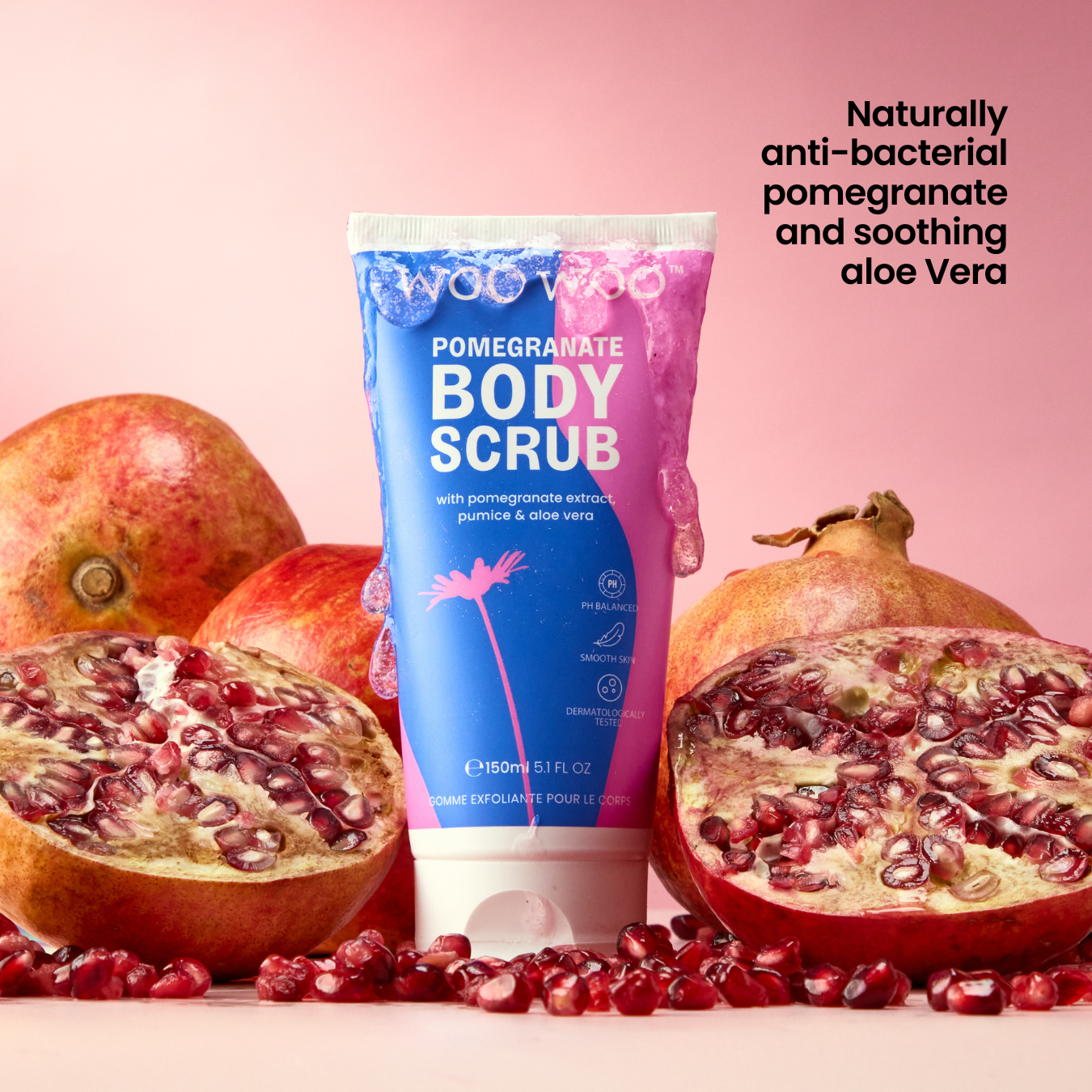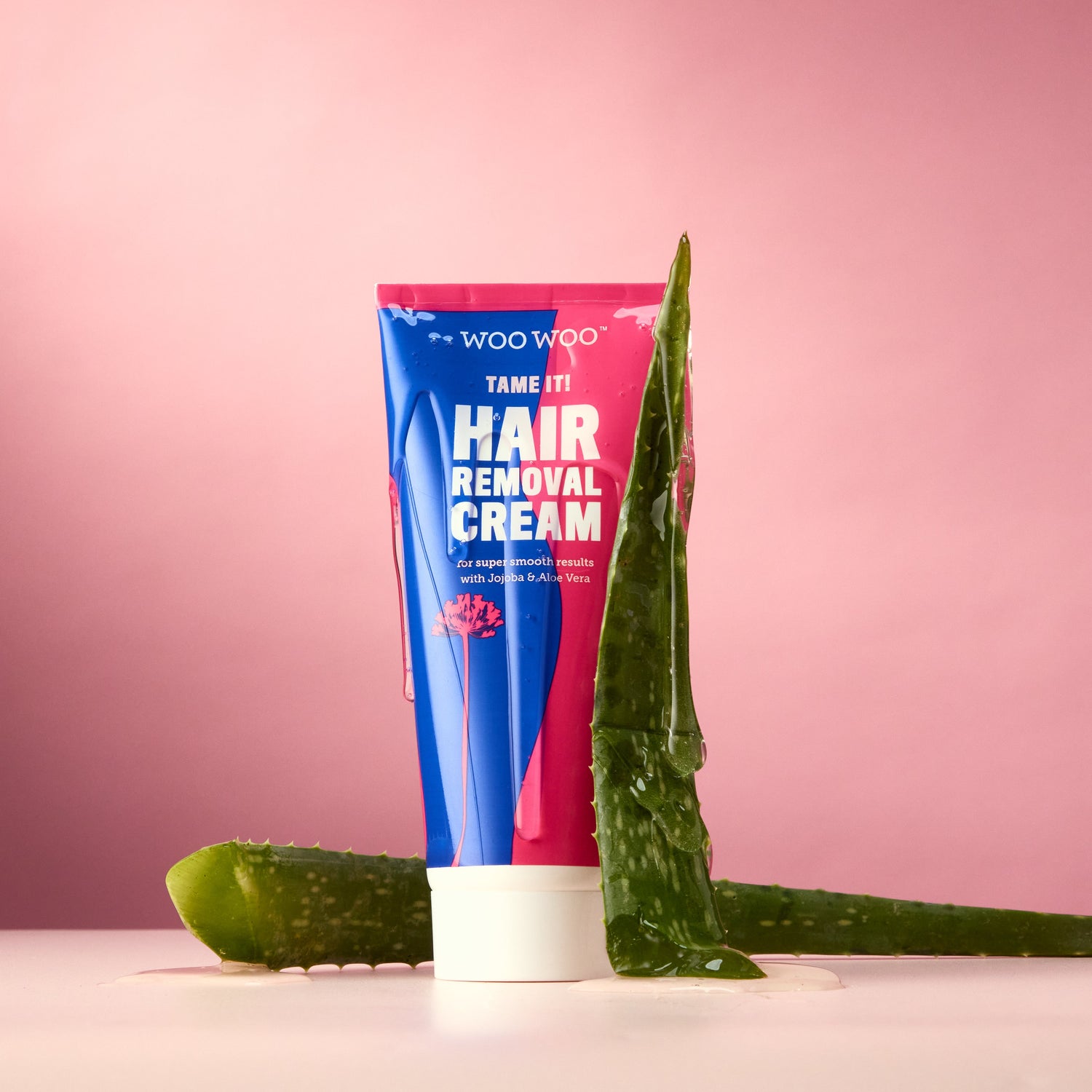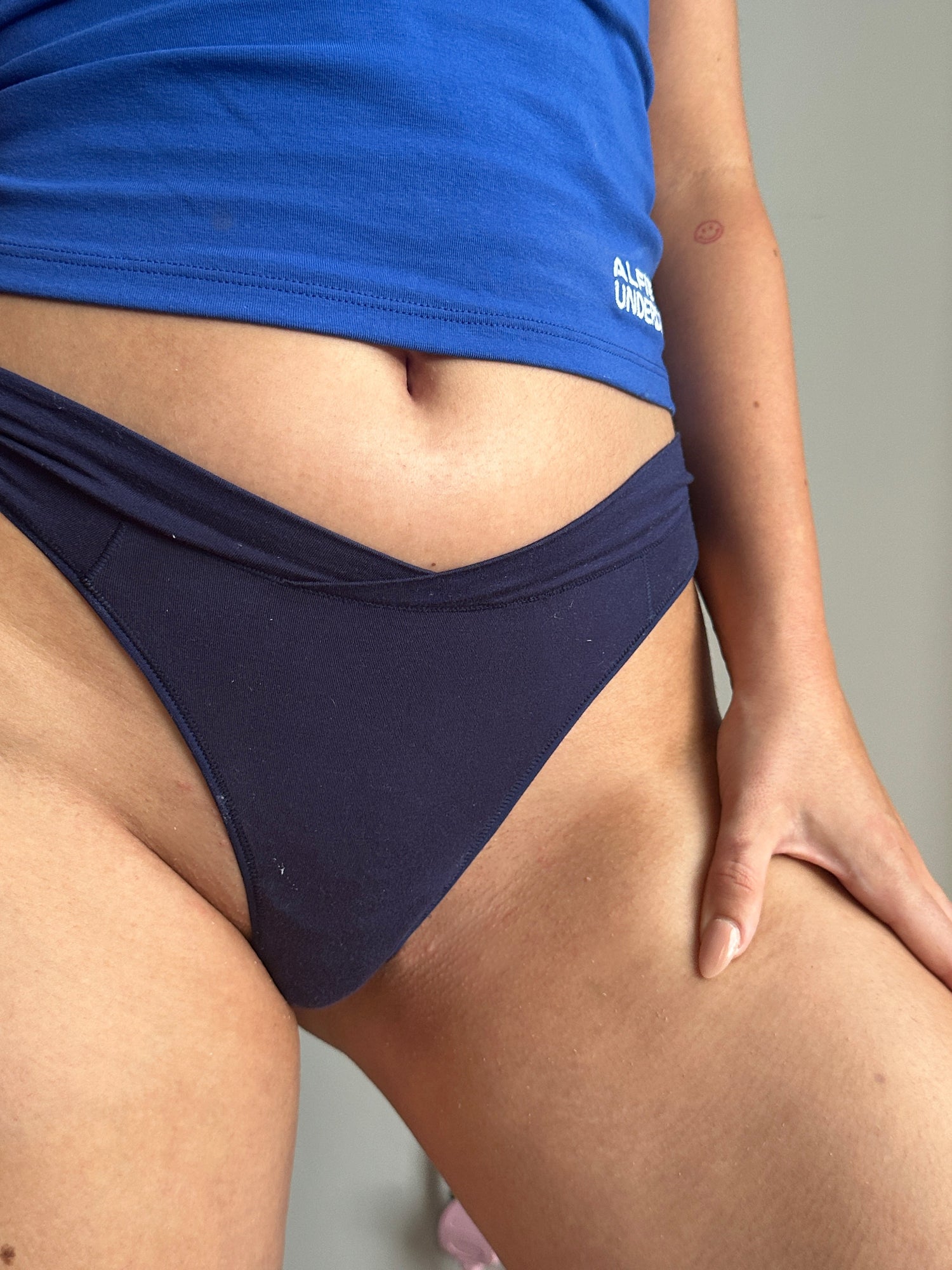Here again to tackle your questions about your beautiful bushes, luscious ladygardens, and how to make sex more succulent, it’s Woowoo’s resident ‘Shagony Aunt’, sex expert Alix Fox, of Netflix’s Sex Education, BBC Radio 1’s Unexpected Fluids, E4’s The Sex Clinic and The Modern Mann.
Let’s get into chatting about chuffs.
WHAT’S THE LATEST THROB-LEM?
“I've been dealing with chronic pain in the opening of my vagina for 7 months now. It comes and goes; sometimes it’s really bad and painkillers don't really help. At first doctors thought it was thrush, but normal thrush medications did nothing. After a physical examination, they’re now saying it may be something called vulvodynia. What’s that, and what can I do?”
SHAGONY AUNT ALIX SAYS:
Oh my darling, this is some tough stuff. I’m so sorry you’re going through it. There’s a South African death metal band called Vulvodynia…but I’m afraid that’s about the mostcheery news I have for you here. Still, I have some suggestions for steps you can take to better understand and hopefully get some relief from this condition.
FIRST UP: WHAT IS VULVODYNIA?
Vulvodynia (most commonly pronounced “vul-voh-DINNY-ah”, although you may hear some specialists say “vul-voh -DYE-nee-ah”) is a type of “complex regional pain syndrome’. Other issues in the same category include migraines and fibromyalgia, but while they each respectively cause your head or your whole body in general to hurt, vulvodynia specifically causes intense pain in the vulva and surrounding area.
Sometimes the pain can be limited to one region, like the opening of the vagina, as in your case; for other people it can spread back into the anus and down the thighs. We don’t fully understand what causes this pain in lots of cases I’m afraid, but we do know that it’s associated with hypersensitivity of the nerves – it’s NOT an infection, and there won’t be any visible damage to the skin.
Vulvodynia suffers describe the hurt as being like a burning, stinging, throbbing or soreness. For some people, the pain is constantly in the background; for others it’s on and off, and might be triggered by touch or movement, such as having sex, sitting down, or putting in a tampon.
Some folks can trace the trigger of their vulvodynia back to things like nerve damage sustained during childbirth, surgery, or an accident causing a trapped nerve, whereas for others it seems to just appear out of nowhere. Like a really shit ghost.
SO WHAT CAN I DO ABOUT IT?
If you’re thinking “This sounds like a PROPER BASTARD”, then I’m afraid you’re not wrong – vulvodynia can cause a lot of heartache. There are lots of potential treatments, which is kind of a blessing and a curse: hooray for options and chances of success! But UGH for having to slog through trialling loads of different approaches before you hopefully, finally, hit on something that works for you.
Things your specialist might suggest trying according to your personal situation include antidepressants or anti-epilepsy meds (many medications have multiple uses), and local anaesthetic lidocaine gels – as you’ve found out, standard painkillers tend to do the square root of naff all for this condition.
You might be referred for physiotherapy, as exercises to release tension in the pelvic floor muscles can be of assistance, and you may be given a TENS machine, which delivers a mild electric current to the area to relieve pain. You may also get temporary relief from things like cold gel packs, and lifestyle changes like avoiding harsh soaps, chlorine and undies sewn from manmade fibres can be of limited help too.
WHERE CAN I TALK TO OTHER PEOPLE IN THE SAME SITUATION?
The best advice I can give you is to get support from a specialist vulvodynia group, as despite the fact that (according to what stats you examine) as many as 1 in 6 women have a bout of unexplained or complex vulval pain at some point in their lives, it’s not spoken about much, so it can feel very lonely to have, and not all doctors are massively savvy on the topic, especially as it’s still something we’re learning about.
Check out VulvalPainSociety.org, PelvicPain.org.uk and NVA.org – they’re the National Vulvodynia Association. Search the #vulvodynia tag on Instagram and look for Facebook groups too, to find lots of young women sharing stories, experience, supportive buddy schemes and tips. And please seek mental health support if you feel like you’d benefit from it too – what happens in our bodies can really affect how we feel, and you are precious. You don’t have to do this alone.
I’m really rooting for you. I hope you and your vajayjay are A-OK ASAP, or you at least find a degree of relief. Big love.





